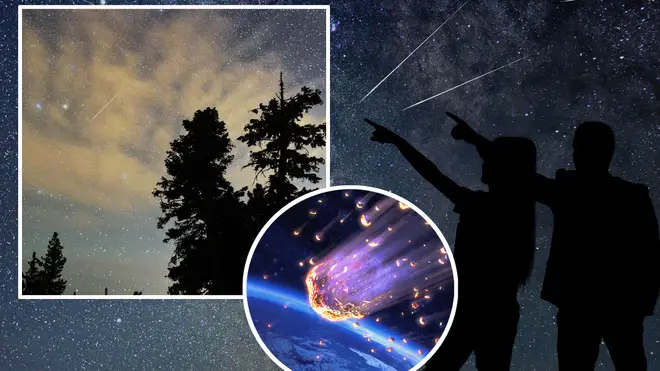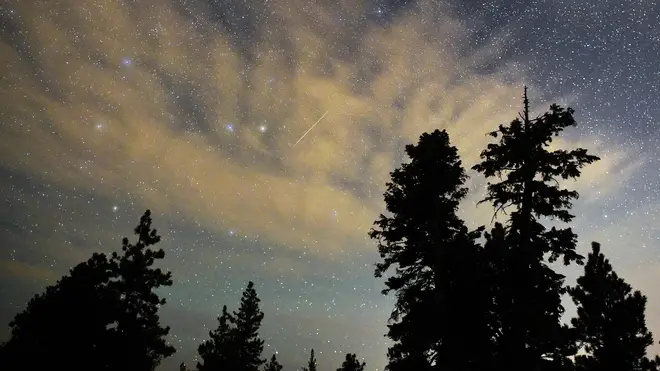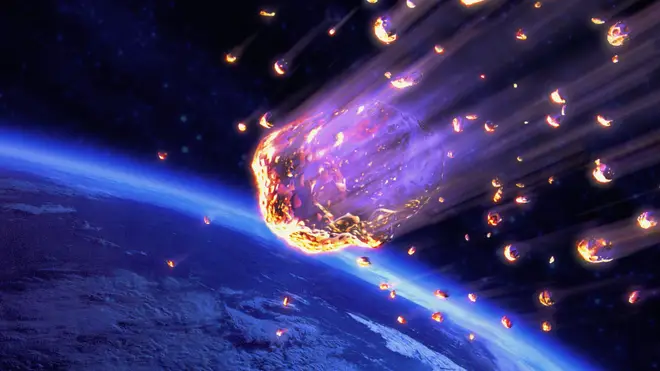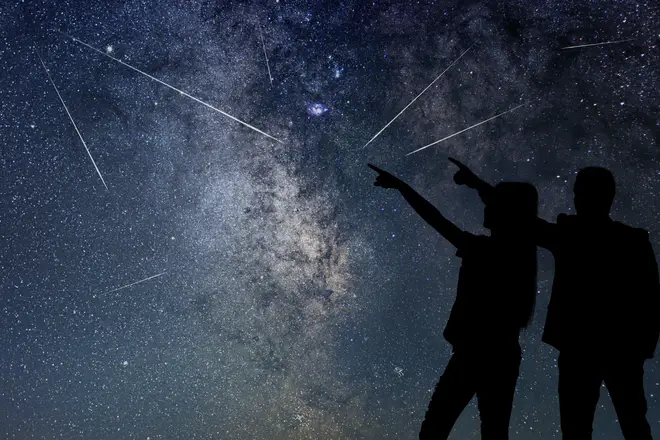On Air Now
Heart Breakfast with JK and Amanda Holden 6:30am - 10am
11 August 2020, 12:00

The Perseid meteor shower is reaching its peak this week and is set to be a beautiful sight.
This week, the Perseid meteor shower will be visible for many across the UK as it reaches its peak.
If you look out your window at the right time, you'll be able to see the bright meteors passing through the sky every hour, and the best news is you won't need any equipment to spot them.
The Perseid meteor shower is usually active from July through to August, and for the UK, the peak will be this week.

People in the UK who want the best chances of spotting the shower have been told to step outside and look up on Wednesday night (August 12) or in the early hours of Thursday (August 13).
For prime viewing, set your alarms for midnight on Wednesday evening, and keep your eyes out until 5:30am on Thursday.
This year's Perseid meteor shower has been active since July 17, and is believed to trail off by August 24.

Last year, visibility was not great as the brightness of the moon outshone the meteor shower.
However, this year the glow from the moon is believed to have a smaller impact on the Perseid meteor shower.

The Perseid meteor shower occurs once a year when the Earth passes through the dust and debris of the Comet Swift-Tuttle.
The Comet Swift-Tuttle last passed by Earth in 1992, and is expected to pass by it again in 2126.
READ MORE: How to get to sleep in hot weather